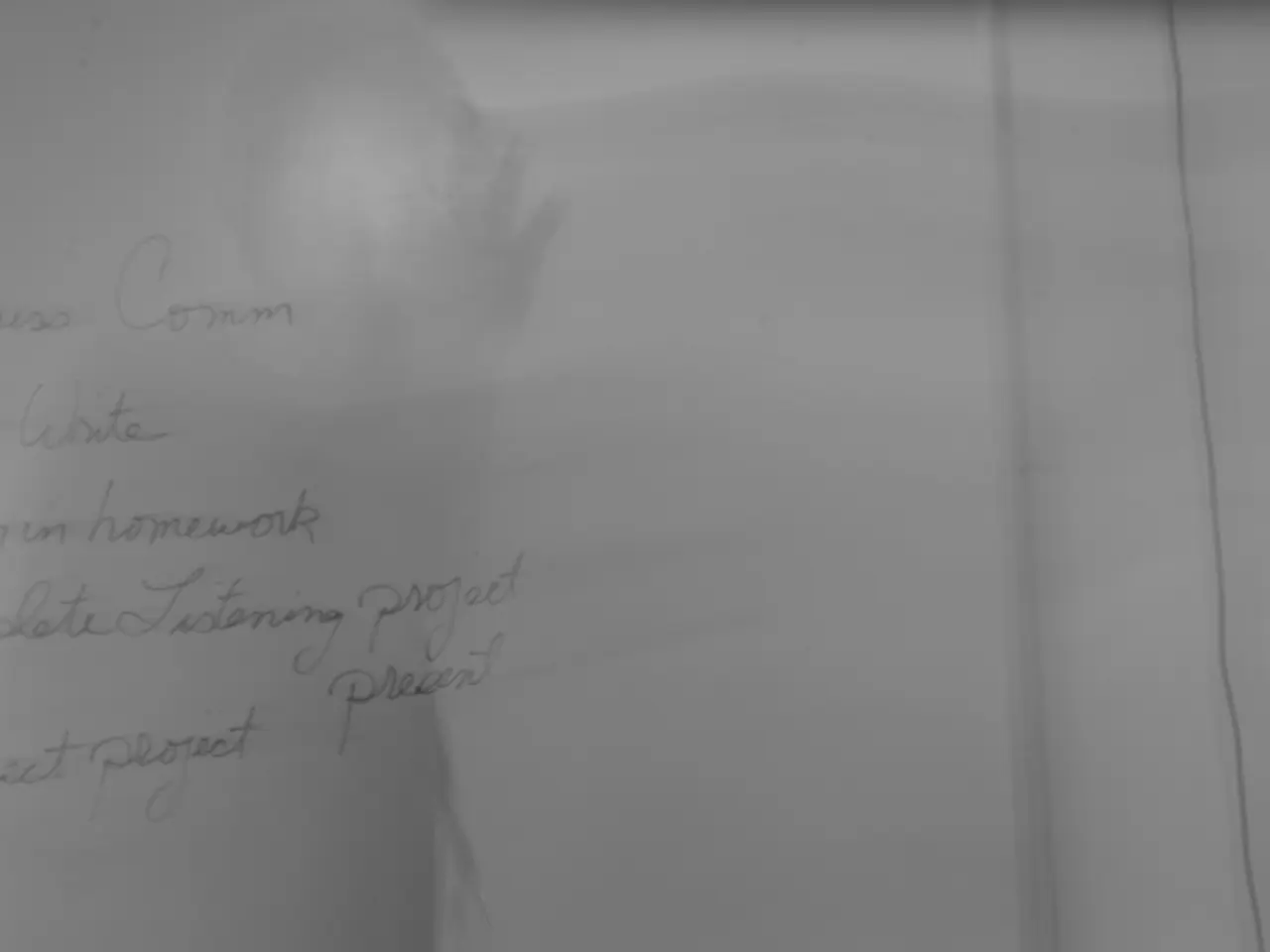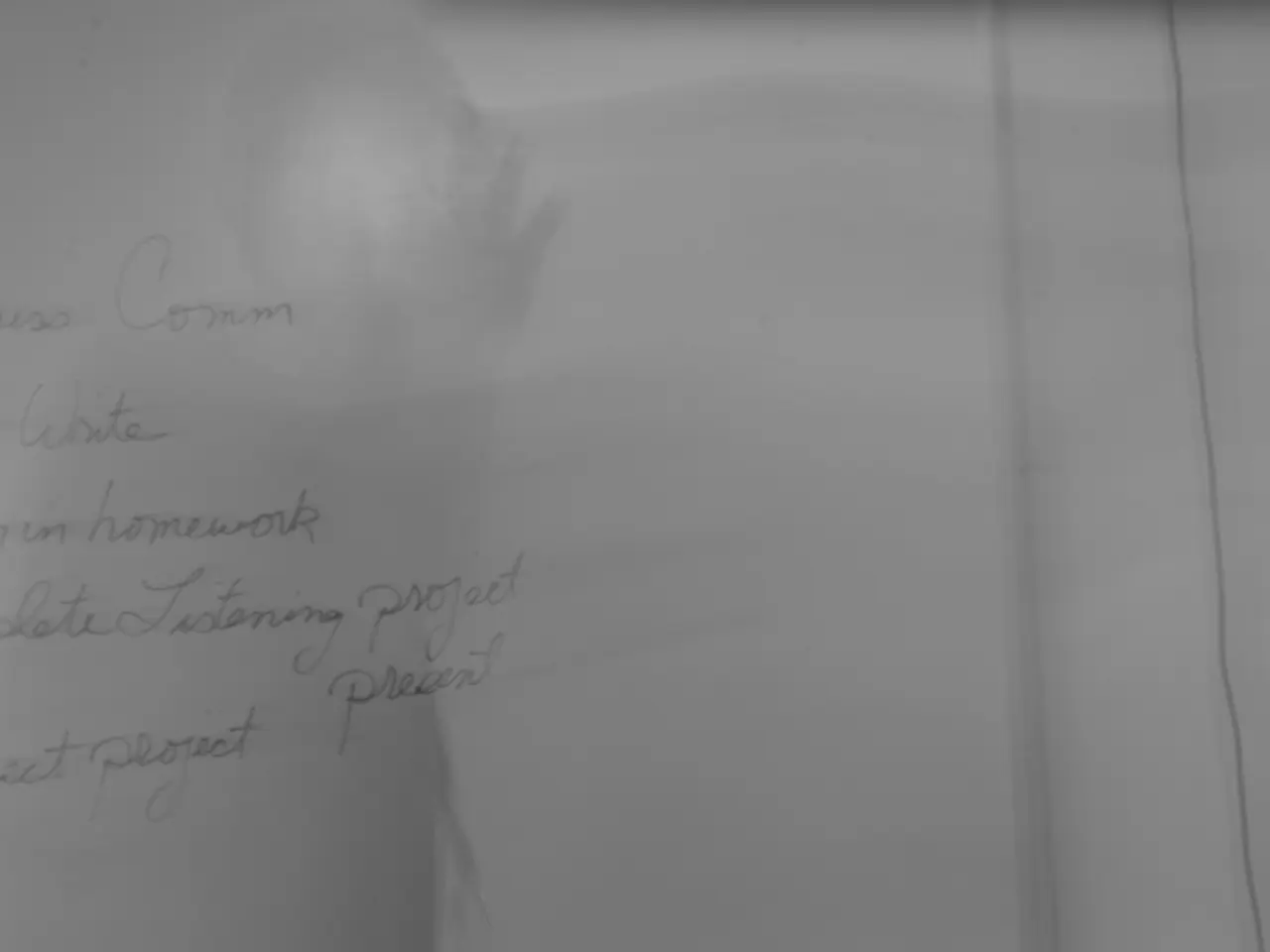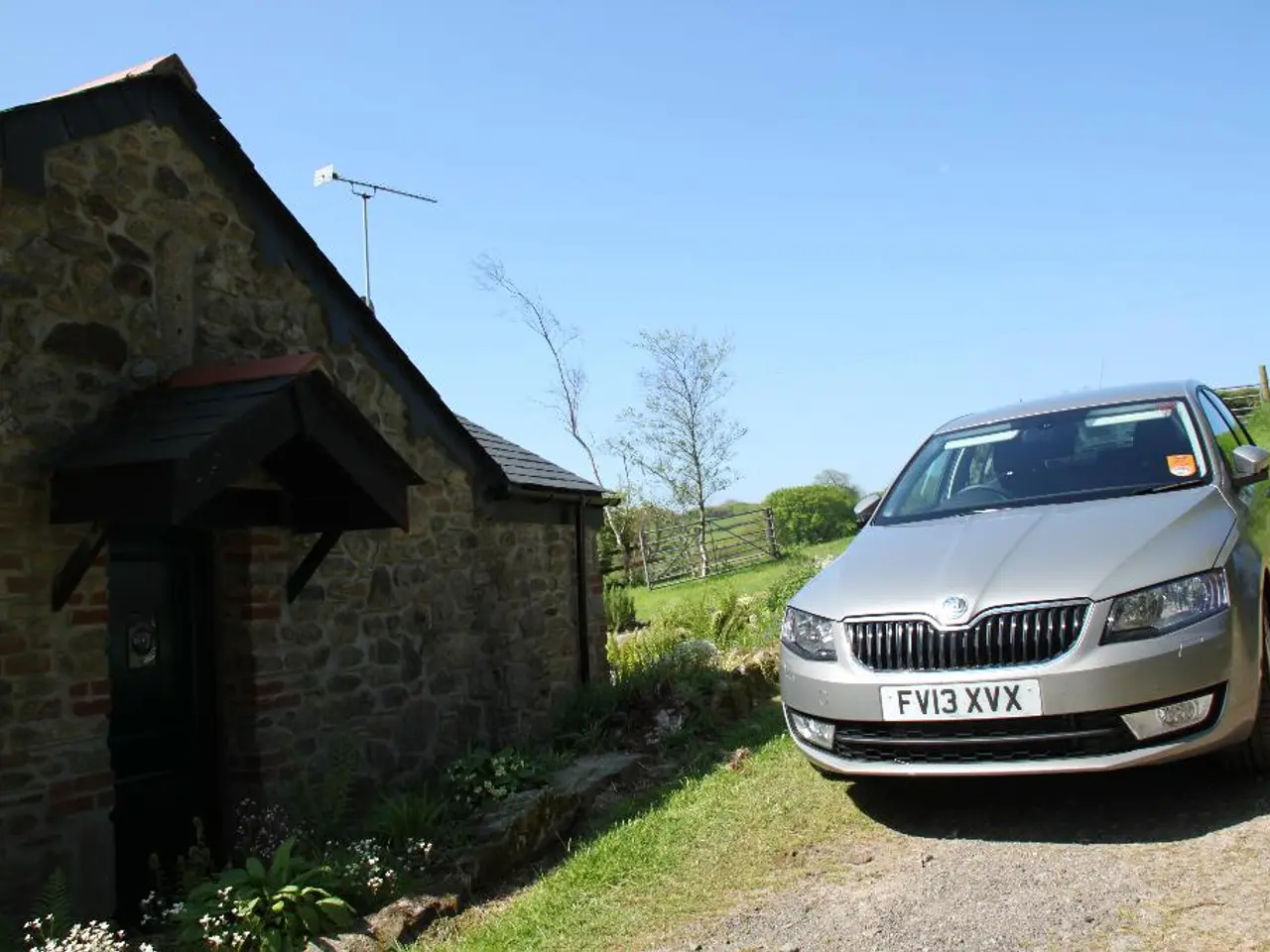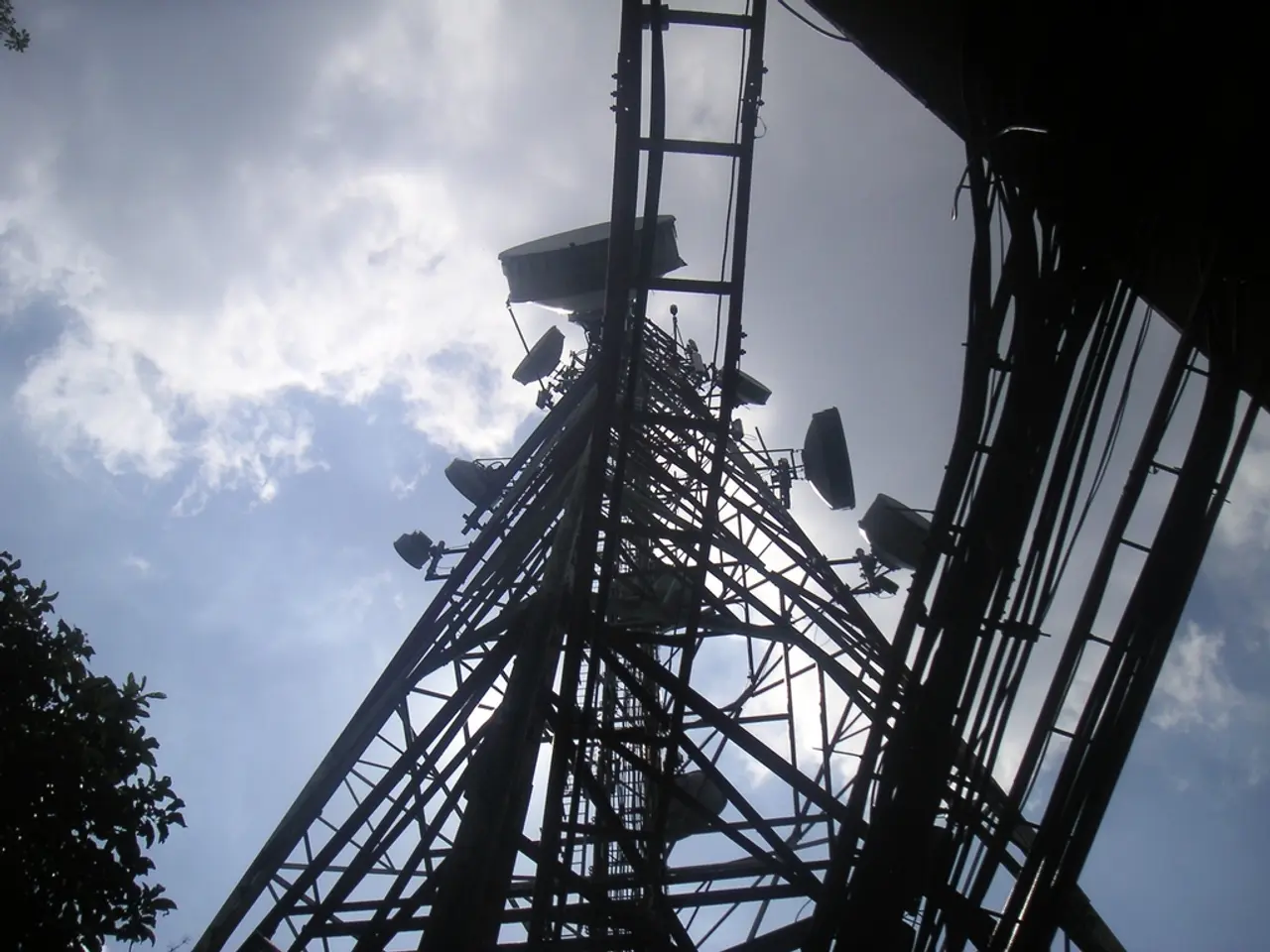Trial Begins for New York's Pioneering Climate Legislation
New York, a state known for its ambitious climate goals, has faced challenges in implementing a crucial part of its Climate Leadership and Community Protection Act (CLCPA) – the "cap and invest" program. The program, which was designed to charge polluters for their carbon emissions and invest the proceeds in clean energy, has been delayed, causing controversy and legal action.
Governor Kathy Hochul announced plans to adopt the cap and invest program in January 2023, but halted its advancement in January 2025 due to concerns about potential cost increases for New Yorkers[5]. This delay prompted a lawsuit from four environmental and climate justice groups, alleging New York's failure to act on this key mandate of the CLCPA[1][5]. The case went to trial in Ulster County in late July 2025.
The lawsuit challenges the state's pause on the program and demands enforcement of the 2019 law's requirements. Meanwhile, the court has upheld state agency decisions consistent with the CLCPA in other matters, such as air permit renewals[3].
Progress on other climate initiatives, such as building electrification through the All-Electric Building Act, which requires most new buildings under seven stories to use zero-emission electric heat by the end of 2025[4], has not been affected by the cap and invest program delay.
However, New York's inability to meet its emissions targets could have significant consequences. In an amicus brief filed in the New York climate law case, it was revealed that the state will miss its legally binding emissions targets by tens of millions of metric tons[2].
Moreover, the state appears to have abandoned a longstanding target to put 850,000 electric vehicles on the road by this year, with the number currently standing just above 180,000[1]. This is a stark contrast to the initial target, which was a key component of the state's emissions reduction strategy.
The state's arguments in court, including concerns about energy affordability and potential disorder, have been disputed by the groups suing the state[1][5]. The DEC's appeal to the judge for lenience has also been criticised as an "encroachment on the separation of powers"[6].
In a separate development, the DEC is fast-tracking a pipeline project that would bring more gas into New York City and Long Island, despite previously denying the project permits[7]. This move has been criticised as a violation of the climate law's principles.
The DEC has, however, moved ahead with regulations spelling out how companies should report their greenhouse gas emissions, although these regulations have been carved out from the cap and invest program for now[1].
As of mid-2025, the lawsuit challenging the state's delay on the cap and invest program is ongoing, signalling ongoing contention around this critical climate tool[1][5]. The state's progress in implementing the CLCPA continues to be a topic of public scrutiny and debate.
References: 1. https://www.nytimes.com/2023/01/14/nyregion/new-york-climate-law-cap-and-invest.html 2. https://www.nytimes.com/2025/06/01/nyregion/new-york-climate-law-emissions.html 3. https://www.nytimes.com/2024/05/15/nyregion/new-york-climate-law-air-permits.html 4. https://www.nytimes.com/2023/07/01/nyregion/new-york-electric-buildings.html 5. https://www.nytimes.com/2025/07/31/nyregion/new-york-climate-law-trial.html 6. https://www.nytimes.com/2025/07/30/nyregion/new-york-climate-law-separation-of-powers.html 7. https://www.nytimes.com/2025/06/15/nyregion/new-york-pipeline-climate-law.html
- The cap and invest program, designed to address climate change in New York by charging polluters for carbon emissions, has been delayed, causing controversy and legal action.
- Governor Kathy Hochul initially announced plans to adopt the cap and invest program in January 2023 but halted its advancement in January 2025 due to concerns about cost increases for New Yorkers.
- This delay prompted a lawsuit from four environmental and climate justice groups, alleging New York's failure to act on this key mandate of the CLCPA.
- The lawsuit, tried in Ulster County in late July 2025, challenges the state's pause on the program and demands enforcement of the 2019 law's requirements.
- Meanwhile, progress on other climate initiatives, such as building electrification, has not been affected by the cap and invest program delay.
- However, the state's inability to meet its emissions targets could have significant consequences, with the state expected to miss its legally binding emissions targets by tens of millions of metric tons.
- The state's arguments in court, including concerns about energy affordability and potential disorder, have been disputed by the groups suing the state.
- In a separate development, the DEC is fast-tracking a pipeline project that could bring more gas into New York City and Long Island, despite previously denying the project permits, a move criticized as a violation of the climate law's principles.







